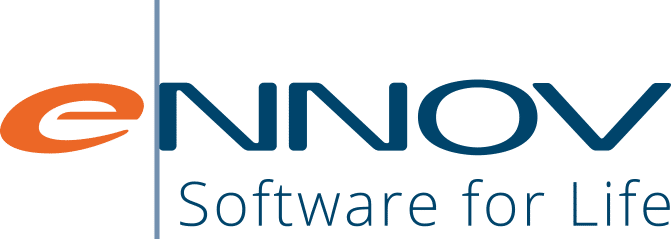In the Life Sciences industry, Quality Management Systems (QMS) serve as the cornerstone for ensuring product integrity, compliance with stringent regulations, and ultimately, patient safety. The landscape of QMS has seen tremendous changes, evolving through generations to meet the new challenges posed by emerging technologies, globalization, and regulatory demands. As we transition into an era marked by digital transformation, the need for the next generation of QMS has become even more pronounced.
This article is the first in a series that will delve into the critical attributes that the next generation of Quality Management Software Systems must possess to adequately meet industry challenges.
How can your organization stay ahead in the evolving QMS market? Click here to access your complimentary “2023 Gartner® Market Guide for Quality Management System Software“
Why the Need for a New Generation of QMS?
The advent of ‘Pharma 4.0’ signals a shift towards a more digital and intelligent operational model. This transformation underscores the limitations of existing fourth-generation systems, especially in terms of seamless integration with other enterprise systems, managing increasingly complex compliance requirements, and drawing actionable insights from vast arrays of data.
Regulatory Impetus: More Than Just Compliance
The focus of regulatory bodies continues to be on risk-based quality management. However, the paradigm has expanded beyond mere compliance to embrace ‘quality by design,’ requiring a QMS architecture adept at navigating the evolving regulatory landscape. The FDA‘s proposed amendments to align Quality System (QS) Regulation more closely with international consensus standards exemplify the dynamic nature of regulatory requirements.
Evolving Business Models: The Rise of Virtual Collaboration
The shift towards decentralized business models, often referred to as ‘Pharma 2.0,’ has further evolved with the rise of virtual collaborations. The next-generation QMS should not only cater to a single enterprise but an ecosystem of stakeholders, ensuring agility and adaptability in a digitally interconnected landscape.
The Disconnect: Software Systems and Actual Quality
Despite advancements, existing systems may fall short in addressing the real-world impact on quality, as demonstrated by FDA 483 findings related to deficiencies in CAPA processes. The evolving nature of quality, driven by patient-centric outcomes and real-world data, necessitates a QMS aligned with these emerging dimensions of quality.
Setting the Stage for a Comprehensive Examination
This series aims to delve into the six critical attributes that the next generation of Quality Management Software Systems must incorporate. From scalability to data analytics, from cybersecurity to user experience, we will explore each aspect to provide a well-rounded view of the future of quality management in the Life Sciences industry, considering the digital transformation trends such as AI-based visual inspection, Quality Management Maturity (QMM), and Differentiating Intelligently through AI.
Conclusion
As the Life Sciences industry advances, so should the systems ensure quality, safety, and efficacy. In our upcoming posts, we’ll delve into the essential attributes of next-generation Quality Management Software Systems to address these challenges. Stay with us for a detailed exploration of each attribute, as we’re dedicated to offering insights that align with industry standards and foresee future demands. In the dynamic world of Life Sciences, Ennov stands as that reliable ally, closely aligning with your business needs.
Ready to embark on the journey to next-gen QMS? Contact the Ennov team to ensure your transition is smooth and aligned with industry trends.


